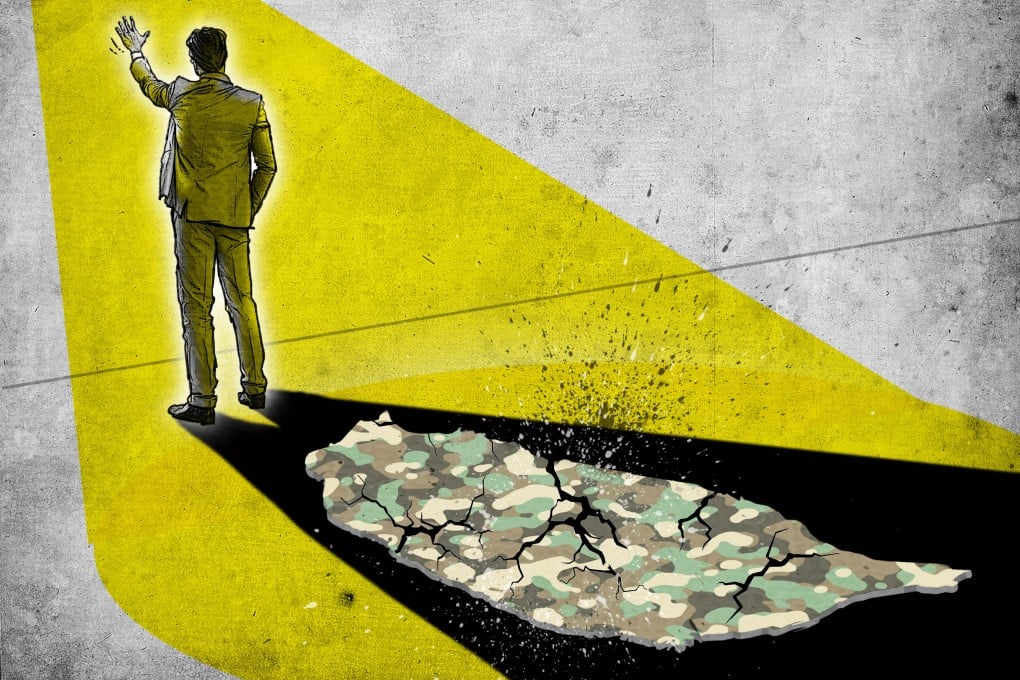Advertisement
How the ghost of Chiang Kai-shek haunts Taiwan’s next president William Lai and the island’s armed forces
- In the run-up to Lai’s inauguration on Monday, resistance in the military to removing statues of the late leader raises questions about its loyalty
- Analysts warn of consequences if ‘political correctness permeates the military’ and politics has an outsize influence on military operations
Reading Time:6 minutes
Why you can trust SCMP
33

Lawrence Chungin Taipei
In the eyes of Taiwan’s ruling Democratic Progressive Party (DPP), the legacy of the island’s late leader Chiang Kai-shek represents everything at odds with its political doctrine: the island’s authoritarian past and its deep historical roots with the mainland.
But just as Taiwan’s incoming administration under William Lai Ching-te plans to press ahead with Taipei’s project to remove all statues of Chiang on the island, it has received an outright resistance from the island’s military – the same personnel Taipei relies on to withstand increasing pressure from Beijing.
In the run-up to Lai’s inauguration on Monday, defiance by the military to remove Chiang statues from military properties has raised questions about the loyalty of the island’s armed forces.
Advertisement
Analysts caution that if implemented, the push to remove the statues might not only sow divisions within the military but also potentially jeopardise the island in the face of a cross-strait conflict.
On Monday, Lai will become the island’s new leader, succeeding his independence-leaning DPP colleague Tsai Ing-wen, who is completing her second four-year presidential term.
Advertisement
Lai has named Wellington Koo, the outgoing secretary general of the island’s National Security Council, as defence minister.
Advertisement
Select Voice
Select Speed
1.00x
